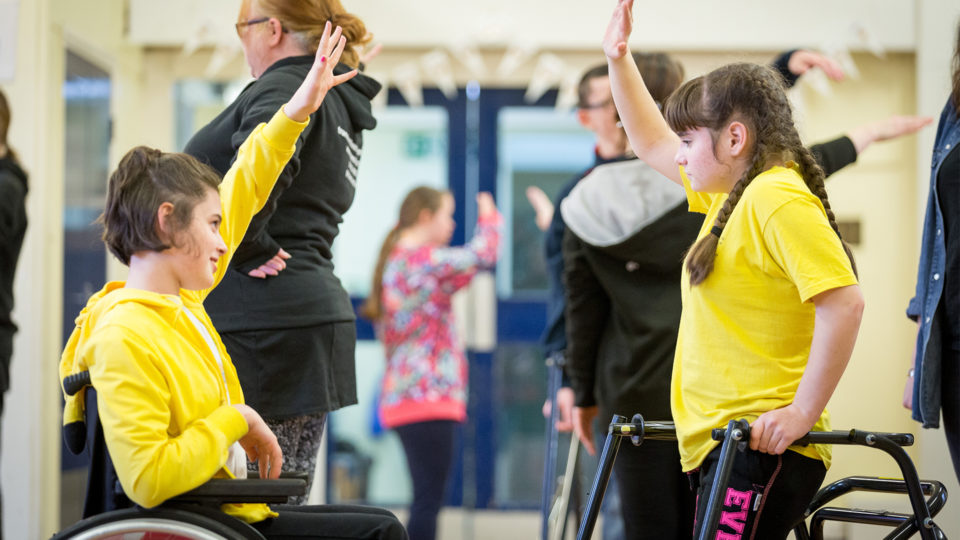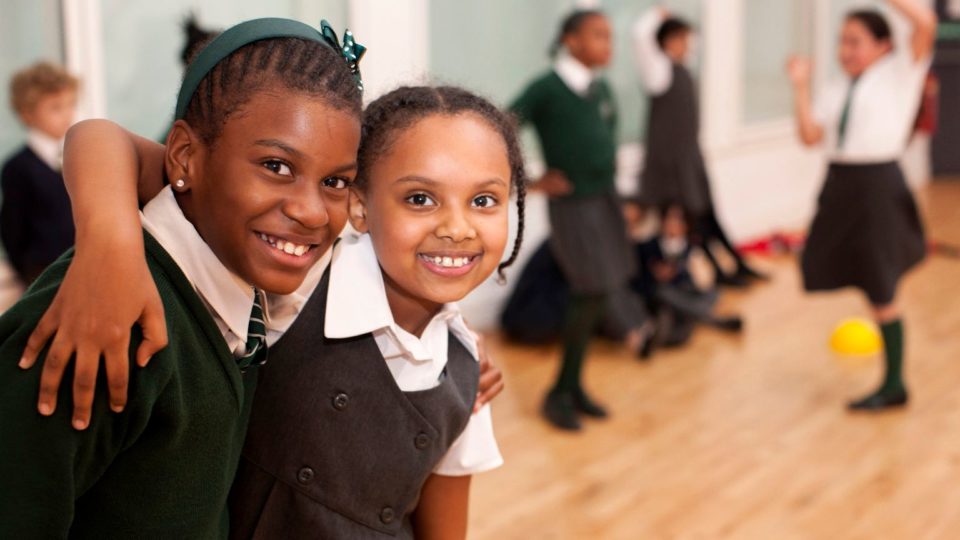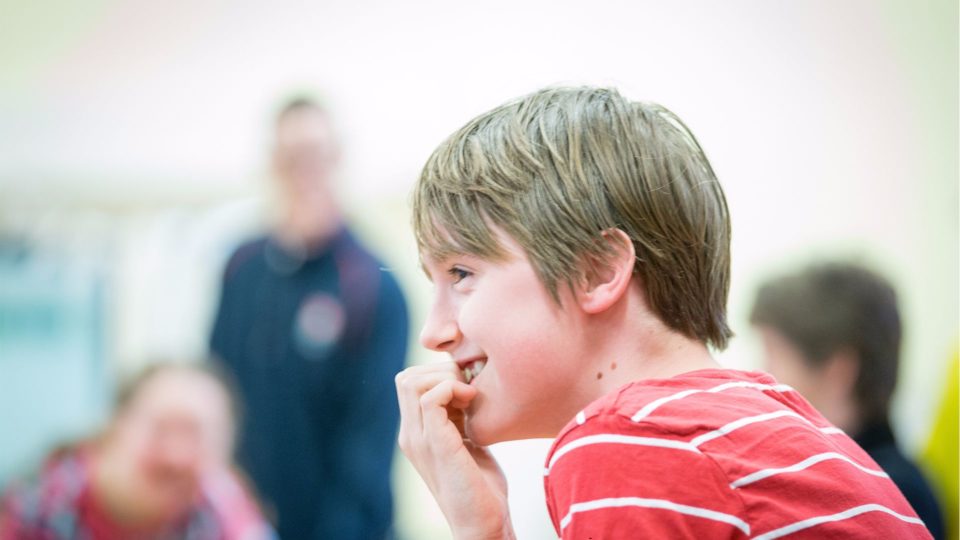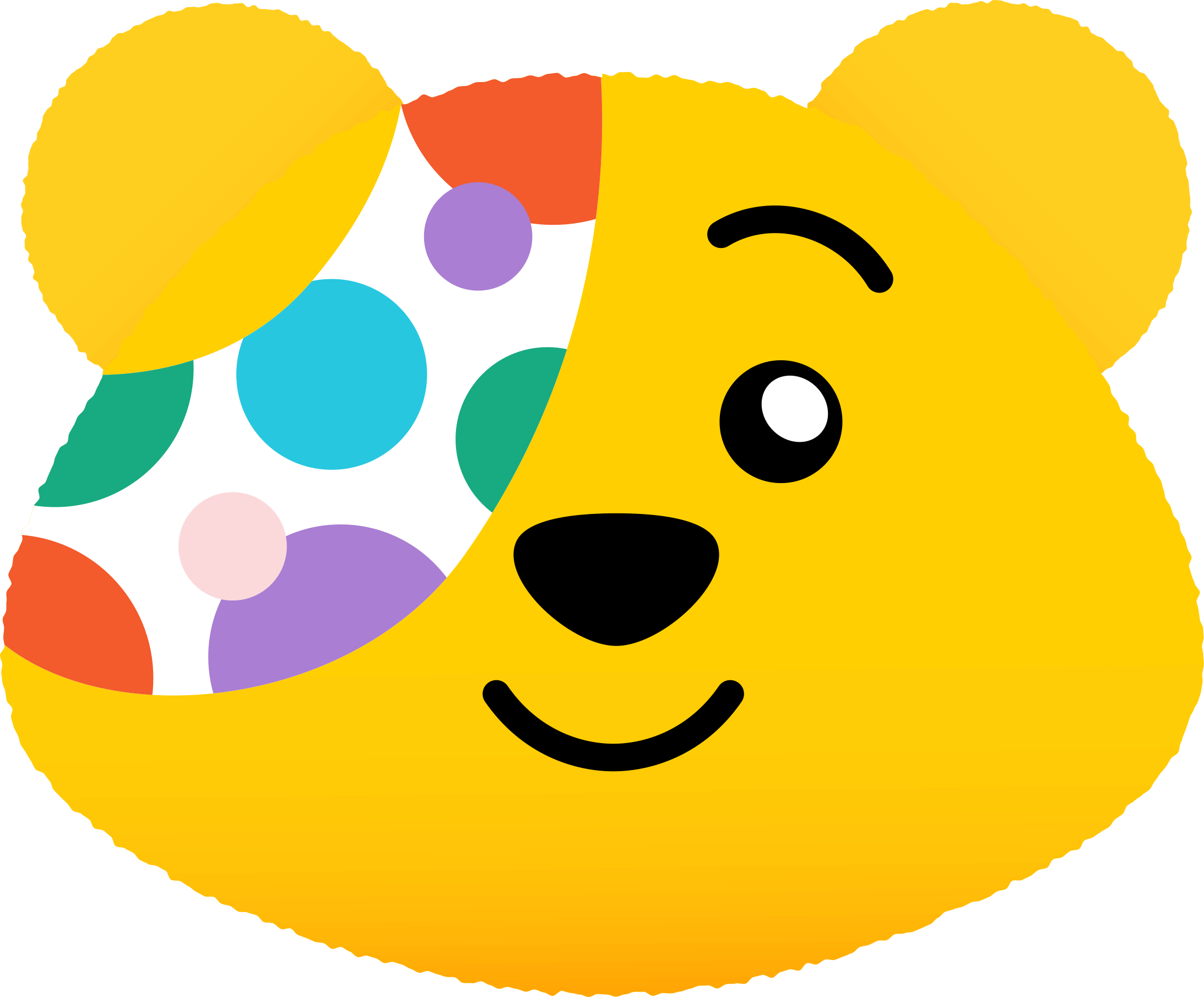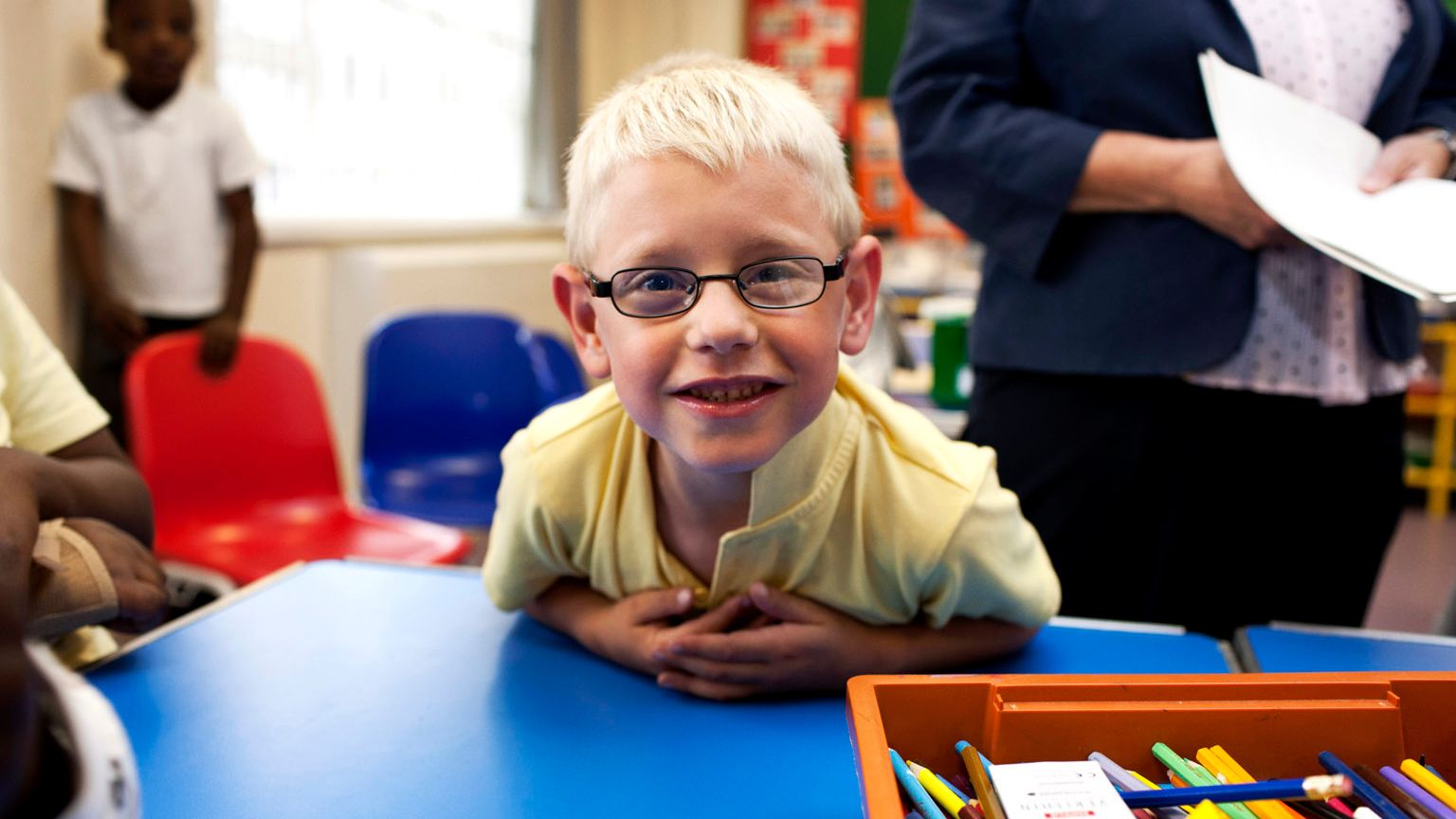
Working with disabled children and young people
Guidance for BBC Children in Need projects
BBC Children in Need wants to fund projects that prioritise fun, friendship and socialising that is age appropriate. We value all kinds of social opportunities for young people: every day socialising (having a meal, going to the cinema, just hanging out); clubs or activities that are specifically for disabled young people and the inclusive (mainstream) opportunities that many disabled young people told us they also want to have the opportunity to access.
We expect all projects, whether they are offering a specialist service or not, to be inclusive of and provide a high quality experience for disabled children and young people. When projects are offering a specialist service to or are focused on supporting disabled children in particular, BBC Children in Need wants to fund projects which:
- Actively support disabled children and young people to have fun and be with friends doing the kinds of things that they want to do.
- Ensure the meaningful participation of all children and young people.
Help young people to develop the confidence, skills and support that can enable them to enjoy a more independent social life outside of projects themselves. - Where appropriate, and when they are ready, support young people to challenge the practical and attitudinal barriers they encounter.
Resources for Projects
Read here about the work of two Fun and Friendship projects, and the resources they have produced to help people working with disabled children and young people have fun and spend time with friends.
Friendships for children who receive short breaks
For disabled children and young people, receiving short breaks can be one of the few opportunities available to see their friends outside of school. The Children’s Society’s Friendship for All project in York, funded by BBC Children in Need, found that very few disabled children and young people got to enjoy short breaks with their chosen friends, despite consultations with families and disabled children revealing that most children would prefer and benefit from this.
Short breaks providers can change this by making simple changes, like putting friendship on the agenda for team meetings, collecting information about children’s friendships and connecting friends together who were already receiving the same short breaks services.
Friendship for All offers a step by step approach to assist short breaks teams with disabled children’s requests to have a short break with friends.
If you work with children receiving short breaks, or would like your local authority to provide disabled children and young people the opportunity to enjoy their short break with friends then you can access the guide and other resources on the Friendship for All website.
Supporting friendships for children in care
Children in care must overcome significant challenges including the profound impact of repeated loss of friendship due to multiple moves of home and family, sometimes leaving little or no time to say goodbye to the friends they may never see again. But, Friendship for All research revealed that the explicit inclusion of children’s friendships in placement planning and reviews is fragmented and training inconsistent and sometimes hard to find.
Friendship for All includes an easy to use guide for fostering services provides positive, pragmatic and replicable ideas based on good practice shared by local authorities and independent foster care agencies. It demonstrates how adjustments can be made quickly with no costs attached to ensure that no friendship opportunities are missed for children in care, integrating children’s friendships with personal education plans and educational health care plans.
WAC Arts – Using Technology to Boost Fun and Friendship
WAC Arts Interactive was a Fun and Friendship funded project focused on using accessible, digital technology to support young people with learning disabilities to have fun and spend time with friends.
Over three years, the young people at WAC Arts explored a range of apps, workshops and projects spanning drama, digital music, animations, film making, photography and social media, whilst developing the confidence and communication and social skills required to successfully build friendships and socialise. But the young people at WAC didn’t stop there: they wanted to share what they’d learnt with other young people, youth workers and arts practitioners.
They developed, wrote and designed Wonder Pod – a collection of workshops, advice and guidance for anyone using accessible technologies in arts and media activities who want to support young people young people to express themselves in a fun and exciting way.
Tutor and guest at Cifi Think Tank held at Wac Arts.I just don’t think there are many resources out there for guiding this sort of work with young people when using digital and creative technologies. What I’ve seen so far would be great for guidelines and to help other facilitators lead sessions. For my own work, I would value being able to use it very much!
Head to the Wonder Pod to explore their tutorial videos and advice with projects which vary from Pirate Radio to an Interactive Treasure Hunt to a Digital Orchestra.
If you are interested in Wac Arts coming to your space to deliver a workshop using the technology within the Pod toolkit, they also offer this as a service called Reach. Get in contact with the team at Wac Arts to find out more.
